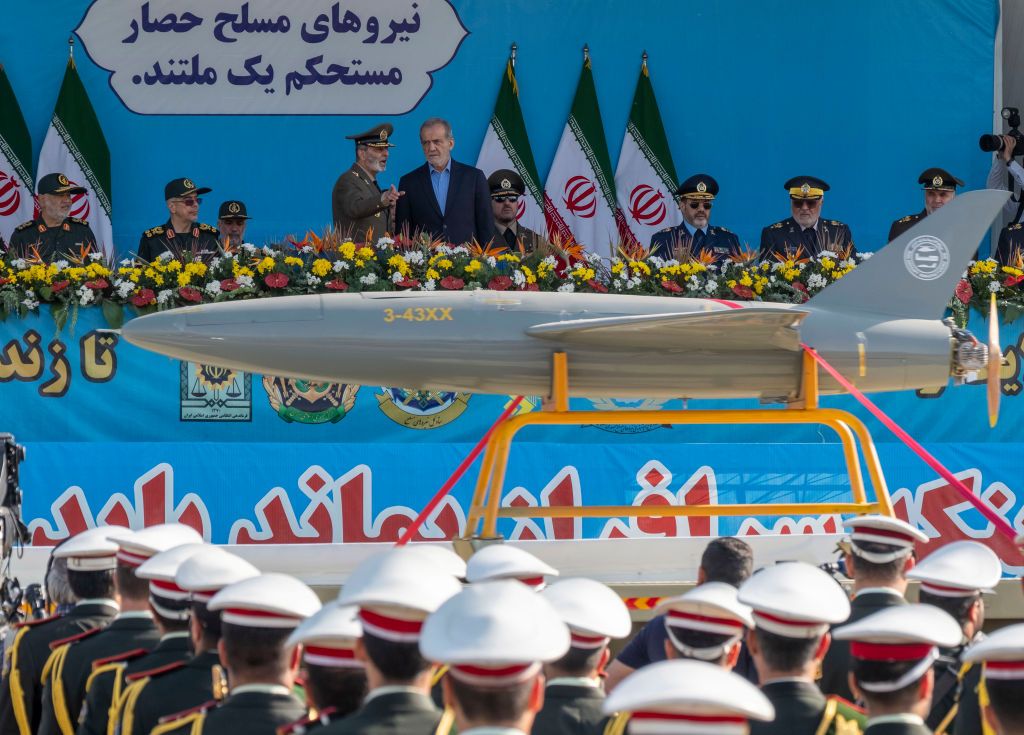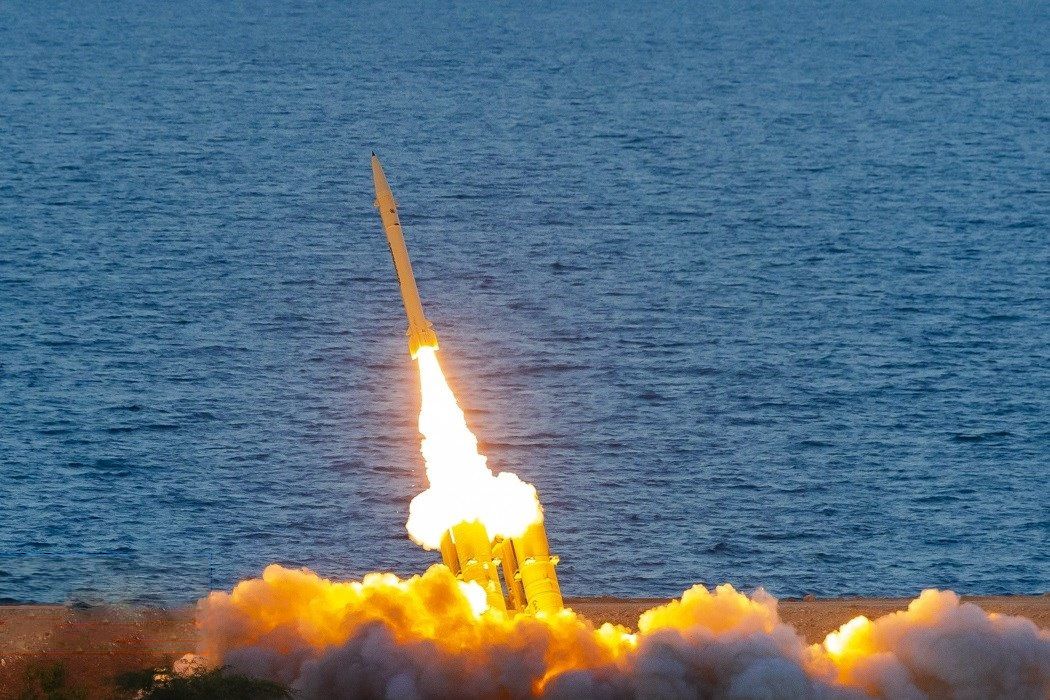Iran provided no launchers with missile deliveries to Russia, Reuters reports

Iran did not include mobile launchers along with its delivery of ballistic missiles to Russia, Reuters reported on Sept. 21, citing three sources with knowledge of the matter.
Russia and Iran have deepened their military and political cooperation since the start of the full-scale invasion of Ukraine in February 2022. Tehran has provided Moscow with thousands of Shahed kamikaze drones used in attacks against Ukraine.
After months of contradictory reports, U.S. Secretary of State Antony Blinken confirmed on Sept. 10 that Russia had received deliveries of Fath-360 close-range ballistic missiles from Iran.
Iran denied it had delivered ballistic missiles to Russia, calling the reports "psychological warfare."
There has been no official confirmation that Russia has used the missiles against Ukraine to date.
A European diplomat, a European intelligence official, and a U.S. official told Reuters that Iran did "not supply launchers with the Fath-360 missiles, raising questions about when and if the weapons will be operational." The officials spoke to Reuters on condition of anonymity.
The European intelligence official told Reuters they did not expect Iran to provide the launchers.
Expert analysis suggests this may be because Russia may modify trucks to carry the missiles. One expert told Reuters that the launchers typically used by Iranian forces may not be robust enough to operate in winter conditions in Ukraine.
Another theory is that Iran is withholding the launchers for the time being to allow for "space for new talks with Western powers on easing tensions," Reuters said.
Iranian President Masoud Pezeshkian and other Iranian officials are expected to meet with European officials on the sidelines of the upcoming U.N. General Assembly in New York.
Ukraine, the E.U., and the U.S. introduced more sanctions against Iran in the wake of the confirmation of the missile delivery to Russia.
The confirmation of the deliveries marked a "further escalation of Iran's military support to Russia's war of aggression against Ukraine," the U.K., France, and Germany said in a joint statement.
The three countries said they have "privately and publicly been clear that we would take new and significant measures against Iran if the transfers took place."














